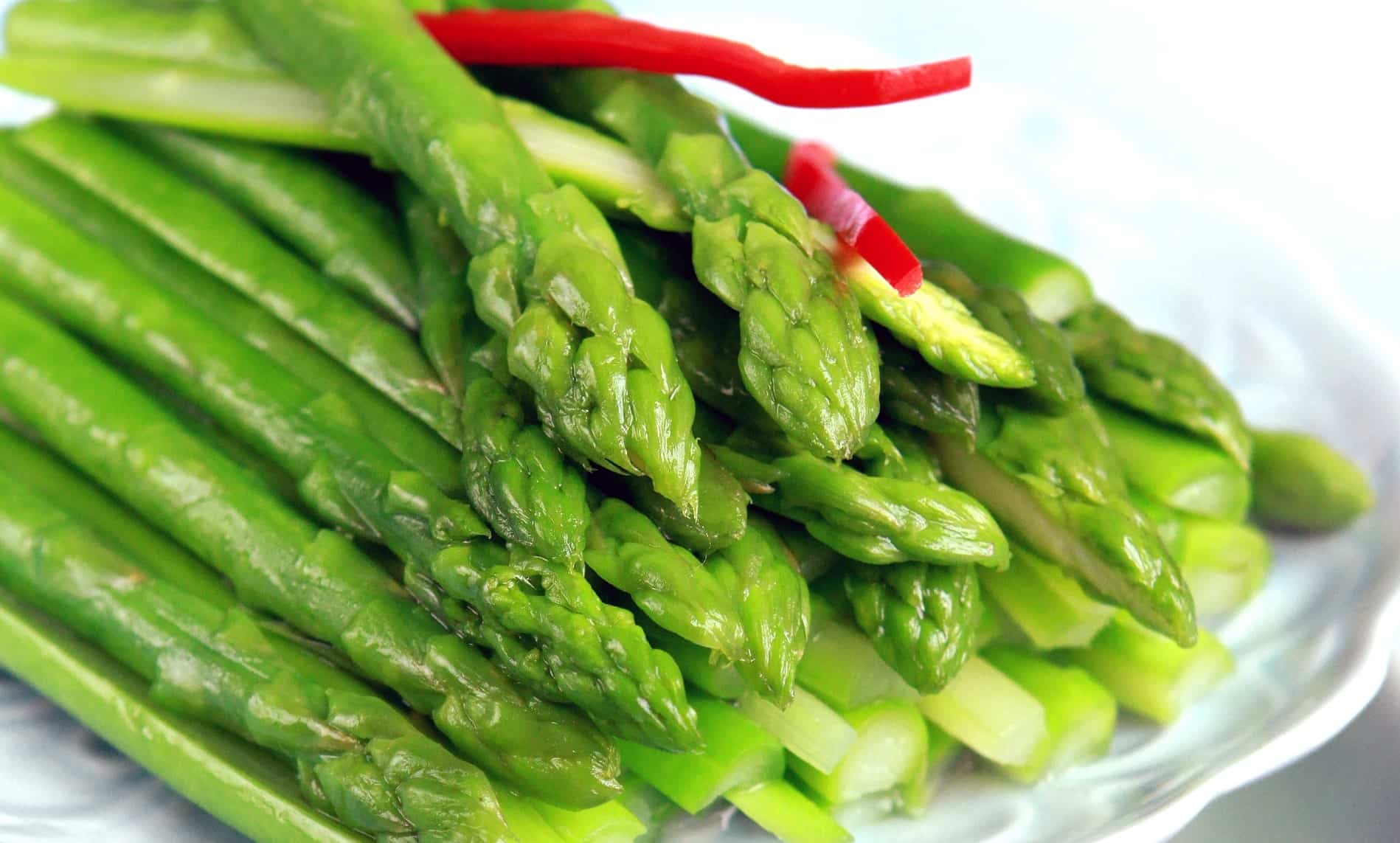Wineries With Scenic Views - Craft Wineries In Sonoma
Wineries With Scenic Views - Craft Wineries In Sonoma
Blog Article
Unique Wine And Food Pairings In Sonoma - Sonoma Wine Retreats
Visiting a winery for a wine tasting can be an enchanting experience, especially when you understand how to maximize the chance with tasting notes. These notes function a guide to understanding the complexities of the wines you pattern and assist in forming a deeper connection with each pour. Utilizing tasting notes can transform your experience, allowing you to savor not simply the taste but also the story behind every bottle.
Each wine has a singular profile influenced by grape variety, terroir, and winemaking techniques. Understanding these elements can improve your appreciation of the wine. When you are given a tasting menu or a flight of wines to sample, take the time to read through any descriptions supplied (Wineries With Unique Gamay Wines). This preliminary overview can set the tone and expectations for your tasting experience.
Start your wine tasting by observing the wine in your glass. The colour can reveal lots concerning the wine’s age and varietal. Take notes on the hue, clarity, and viscosity. A well-structured tasting note typically consists of this visible assessment because it types the inspiration of your evaluation. While it may seem trivial, the visible facet is essential in wine tasting.
Wineries Perfect For A Relaxing Afternoon - A Winery In The Sonoma Valley To Discover
After your visible evaluation, it's time to take a gentle whiff. Swirl the wine in your glass to aerate it, releasing its aroma. This is where tasting notes turn into notably useful. Make notes concerning the different scents you detect—fruits, spices, or floral hints. Figuring Out these aromas will help you put words to the intrinsic complexities of the wine you're sampling.
The next essential step is the tasting itself. Take a small sip and let the wine roll over your palate. Note the flavors you experience. Are they candy or tart? Where does your palate detect each flavor? Some wines may current quick sweetness followed by a tannic finish. Use your tasting notes to document these layers, creating a roadmap of your sensory experience.
Contemplate additionally the mouthfeel of the wine as you style. Is it clean, crisp, creamy, or maybe tannic? This textural high quality considerably influences the overall enjoyment and impression of the wine. Observing the mouthfeel can reveal the standard and craftsmanship behind the winemaking process.
It's helpful to compare completely different wines as you taste them. If you are sampling a flight with contrasting varietals, make a note of the variations you understand. How does the acidity differ from one wine to another? Which wine feels fuller, and which is extra refreshing? This comparative train deepens your understanding and helps sharpen your analytical skills.
Wineries In Dry Creek Valley - Sebastopol Wineries

Interact with the winery employees while tasting. Knowledgeable hosts usually share insights concerning the winery's history, the particular vintage, or the winemaking philosophy, enriching your appreciation of the wine. Do Not hesitate to ask questions that pique your interest based on your tasting notes. Many hosts take pleasure in discussing their wines and may provide a wealth of knowledge that isn’t readily available from printed materials. Wineries With Live Music Events Occasionally.
Keep in mind the seasonality of wines as you style. Completely Different wines evoke varied moods and pair well with distinct culinary experiences. Take notes on how you might enjoy a particular wine with food. This not only adds context to your tasting notes but also aids future selections and purchases.

One Other useful tip whereas using tasting notes at a winery is to document your impressions instantly. As wines can blend and create a uniform flavor memory, jotting down your ideas promptly ensures a more accurate reflection of your experience. Use adjectives that resonate with you, crafting a private vocabulary to explain each wine primarily based on your preferences.
After completing the tasting, evaluation the notes you’ve taken. Replicate on which wines stood out to you and why. This reflection reinforces your tasting experience and highlights what you might seek in future purchases. If you've got famous particular aromas or flavors that captivated you, this data empowers you to pick out wines that align together with your palate.
Artisan Wineries In Russian River Valley - Sonoma Wine Tasting Spots
Wine tasting can even function a chance for socializing. Sharing your tasting notes with companions can ignite engaging discussions on flavors, preferences, and impressions. This communal side of wine tasting typically enhances the experience, cementing lasting reminiscences that you can recall with a cup of wine in hand.
In conclusion, using tasting notes at a winery wine tasting can significantly enhance your experience. By observing the visible aspects, aromas, flavors, mouthfeel, and even the stories behind the wines, you create a rich tapestry of notes that can guide your future wine experiences. Participating with the employees, comparing wines, and reflecting on your impressions will deepen your appreciation for the art of winemaking. Every tasting is an opportunity to find and connect with wines in exciting new ways. With practice, your tasting notes will evolve, becoming a cherished element of your wine journey.
Interactive Wine Tasting Experiences In Sonoma - Discover Sebastopol's Wine Scene
- Begin by familiarizing your self with the winery's tasting notes; they normally describe the wine’s aroma, flavor profile, and end, providing a helpful framework.
- Use your senses of sight and scent earlier than tasting; swirl the wine in your glass, observe its color, and inhale its bouquet to seize the wine's initial characteristics.
- When tasting, take a small sip and let the wine coat your palate; give consideration to the first flavors and any secondary notes that will emerge, such as fruit, spice, or earthiness.
- Pay attention to the feel and mouthfeel of the wine; is it smooth, tannic, creamy, or crisp? This aspect can significantly improve your understanding of the wine.
- Compare the tasting notes with your sensory experience, noting any similarities or discrepancies, which might deepen your appreciation of every wine’s complexity.
- Contemplate the wine’s growing older potential by analyzing its structure and balance; some wines could additionally be gratifying now, while others might evolve fantastically over time.
- Take notes through the tasting; recording your impressions may help you remember each wine higher and refine your palate for future tastings.
- Engage with the tasting staff; ask questions about the wine manufacturing course of, grape varieties, and the precise notes you're detecting to boost your data and experience.
- Explore pairing recommendations alongside your tasting; understanding which meals complement the wine can enrich each the tasting experience and your appreciation for the wine's nuances.
- Respect varying preferences among your group; wine tasting is subjective, and inspiring open dialogue about individual tastes can lead to a extra gratifying and informative experience.undefinedWhat are tasting notes, and why are they necessary at a wine tasting?undefinedTasting notes are descriptions of the flavors, aromas, and general impressions of a wine. They are necessary because they guide your palate and improve your understanding of the wine's characteristics, serving to you respect different varieties and styles.
How ought to I take notes throughout a wine tasting?undefinedYou ought to concentrate on key elements similar to aroma, flavor, physique, acidity, and end. Use a structured format or template to categorize your thoughts and write down your impressions immediately after tasting. This helps you keep in mind your thoughts later.
Can I use my very own words to explain a wine, or ought to I stick to plain tasting terms?undefinedYou can absolutely use your individual words to describe a wine. Whereas normal tasting phrases can help convey particular qualities, personal descriptors add authenticity to your notes and might make your wine experience extra pleasant and relatable.
Should I concentrate on specific flavors within the wine or the overall experience?undefinedBoth features are necessary. Whereas particular flavors allow you to establish the distinctive traits of a wine, the general experience encompasses how all components combine—creating a extra holistic understanding of the wine.
Family Friendly Wineries With Outdoor Spaces - Sebastopol Wine Experiences
What if I can't establish certain aromas or flavors throughout a tasting?undefinedIt’s widespread to have issue discover this info here figuring out particular tastes or scents. Don’t hesitate to ask for assist or guidance from the employees at the winery. They can present insights and assist refine your palate over time via practice.
How can I use tasting notes to determine on wines within the future?undefinedBy reviewing your tasting notes, you'll be able to determine your preferences and trends in your wine selections. This permits you to choose wines that align along with your palate in future tastings and purchases, making your experience more gratifying.
Is it applicable Sonoma wineries with vineyard views. to compare wines throughout a tasting?undefinedYes, comparing wines may be useful. It helps spotlight the differences in flavor profiles and attributes, allowing you to develop a deeper appreciation and understanding of every wine's distinctive qualities.
What should I do if I disagree with the tasting notes supplied by the winery staff?undefinedDisagreement is a natural part of wine tasting! Use it as an opportunity to discuss your impressions with the workers; they'll provide further context or information about the wine, which might enrich your experience.
Wineries Known For Their Beautiful Gardens - Sebastopol Area Wine Tasting
How should I organize my tasting notes after the event?undefinedAfter the tasting, manage your notes by wine kind, producer, or personal desire. Contemplate making a digital or physical journal which could be referenced for future tastings and wine choices, making it easier to recall your experiences. Report this page